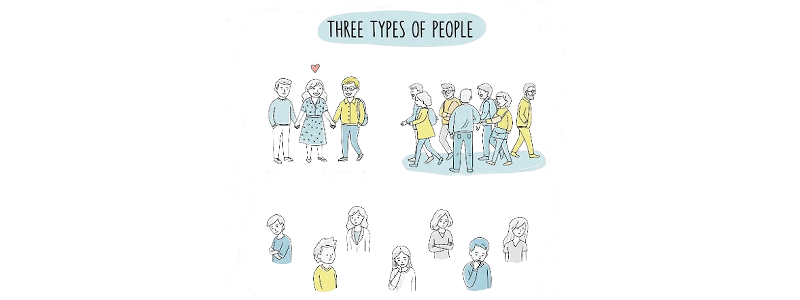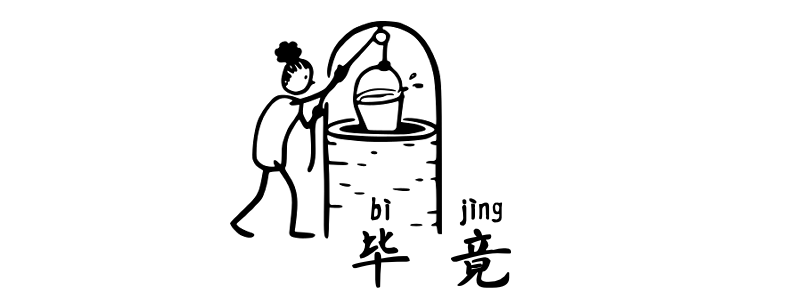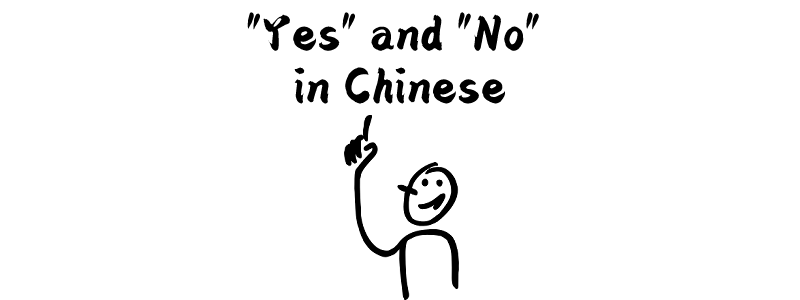Click here to modify ↘️ the characters and pinyin HSK3 Reading Practice Remember to use the menu at the top right of the article to switch between Traditional and Simplified Chinese. Vocabulary 遇到yùdào遇到yùdàoto encounter, to come across 我wǒ昨天zuótiān在zài街上jiēshàng遇到yùdào了le一yí位wèi老朋友lǎopéngyǒu我wǒ昨天zuótiān在zài街上jiēshang遇到yùdào了le一yí位wèi老朋友lǎopéngyǒuI ran into an old friend on the street yesterday. 葉子yèzi叶子yèzileaf 秋天qiūtiān的de時候shíhòu, 很hěn多duō的de葉子yèzi都dōu會huì變biàn黃huáng秋天qiūtiān的de时候shíhou, 很hěn多duō的de叶子yèzi都dōu会huì变biàn黄huángIn autumn, many leaves turn…
Author: tiffany
HSK3 Reading Practice – Loving Yourself
HSK3 Reading Practice Remember to use the menu at the top right of the article to switch between Traditional and Simplified Chinese. Vocabulary 討好tǎohǎo讨好tǎohǎoto flatter, to please 他tā總是zǒngshì想xiǎng討好tǎohǎo老闆lǎobǎn他tā总是zǒngshì想xiǎng讨好tǎohǎo老板lǎobǎnHe always tries to flatter the boss. 在乎zàihū在乎zàihūto care about, to mind 我wǒ不bú在乎zàihū別人biérén怎麼zěnme說shuō我wǒ不bú在乎zàihū别人biérén怎么zěnme说shuōI don’t care what others say. 優點yōudiǎn优点yōudiǎnadvantage, strong point 他tā的de優點yōudiǎn是shì很hěn有yǒu耐心nàixīn他tā的de优点yōudiǎn是shì很hěn有yǒu耐心nàixīnHis strength is that he’s very patient….
“Finally” in Chinese 2 – 總算 总算 zǒngsuàn
Grammar Point:總总算 zǒngsuàn is an adverb in Chinese that means “finally,” “at long last,” or “after all the effort or waiting.” It is used to express a sense of relief, satisfaction, or achievement after overcoming challenges or enduring a long process. Structure S + 總总算 zǒngsuàn + V or Adj 總总算 zǒngsuàn often conveys the speaker’s emotional relief or satisfaction…
Reduplication of Chinese Adjectives
Grammar Point:Reduplication of Chinese adjectives intensify the tone of a statement, similar to the way 很 hěn functions as an intensifier. It reflects the speaker’s subjective feelings rather than objective, factual observation. Structure This structure is commonly used in spoken and written Chinese to emphasize a quality or add a sense of lightness, casualness, or…
“Obviously” in Chinese – 明明 míngmíng
Grammar Point:明明 míngmíng in Chinese is an adverb used to emphasize that something is clear, obvious, or certain, often carrying a tone of dissatisfaction, frustration, or pointing out a contradiction. It roughly translates to “obviously,” “clearly,” or “plainly” in English. When Do We Use It Structure 明明 míngmíng + Fact Situation + (but) + Unexpected Result 他tā明明míngmíng答應dāyìng了le,…
“Not very” in Chinese – 不太 bútài
Grammar Point:The phrase 不太 bútài in Chinese grammar is a combination of the negation word 不 bù (not) and the degree adverb 太 tài (too/very). Together, they create a structure that expresses a mild negation or conveys the idea of “not very” when describing a certain degree or extent of something. Structure 不太 + Adjective When used with adjectives, 不太 bútài expresses a degree…
“Not very” in Chinese – 不太 bútài
Grammar Point:The phrase 不太 bútài in Chinese grammar is a combination of the negation word 不 bù (not) and the degree adverb 太 tài (too/very). Together, they create a structure that expresses a mild negation or conveys the idea of “not very” when describing a certain degree or extent of something. Structure 不太 + Adjective When used with adjectives, 不太 bútài expresses a degree…
“After all” in Chinese – 毕竟 bìjìng
Grammar Point:The Chinese word 畢毕竟 bìjìng is commonly used to emphasize a fact or reason, often suggesting that something is understandable or inevitable because of certain circumstances. It can be translated into English as “after all,” “in the end,” or “as expected.” It is used both in spoken and written Chinese. Structure 畢毕竟 bìjìng + Fact + ConclusionConclusion…
How to say “Yes” and “No” in Chinese
I’ll get straight to the point here. Chinese does not have specific words for “yes” and “no” that directly translate into English. Instead, Chinese language relies on context, repetition of verbs, or affirmative/negative expressions to convey agreement or disagreement. If you’re interested in the details, keep reading! No Direct “Yes” or “No” Words Unlike English, which uses…
Giving Directions – cóng…wǎng…
Grammar Point:The Chinese grammar pattern 從从 cóng…往 wǎng… is used to describe movement or direction. It is commonly used to explain the starting point and the direction of an action, especially in describing physical movement. Structure 從从 cóng + starting point + 往 wǎng + direction + V 從cóng學校xuéxiào往wǎng東dōng走zǒu, 你nǐ會huì看到kàndào一個yíge公園gōngyuán从cóng学校xuéxiào往wǎng东dōng走zǒu, 你nǐ会huì看到kàndào一个yíge公园gōngyuánFrom the school, walk east, and you…








